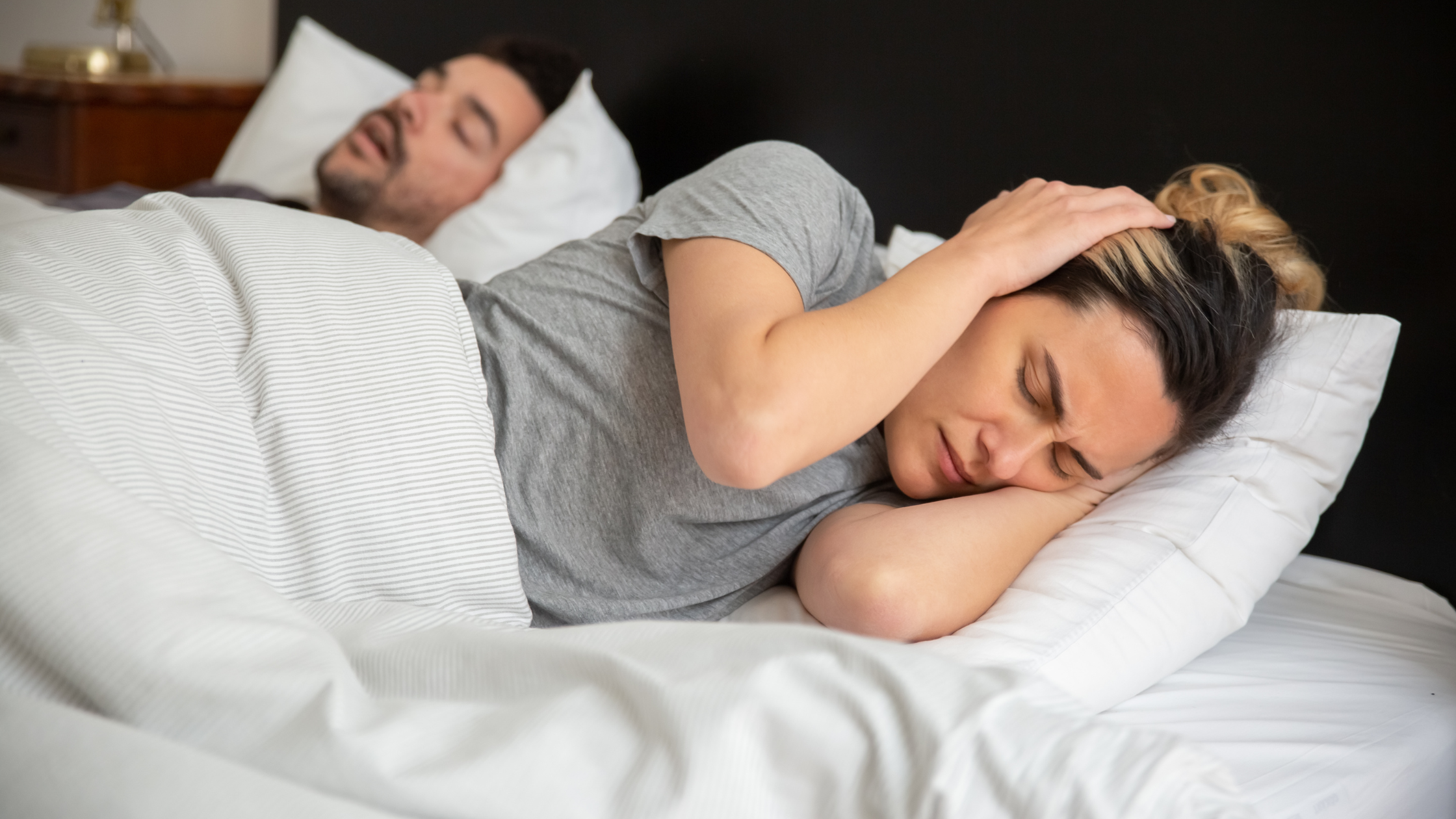 Curious about if you have sleep apnea or not? Sleep apnea is a common sleep disorder that affects many sleepers. It can be a serious sleep disorder with adverse consequences that can have a severe impact on your life. Therefore, it is important to be able to recognize the signs and symptoms so you can get the help you need promptly.
Curious about if you have sleep apnea or not? Sleep apnea is a common sleep disorder that affects many sleepers. It can be a serious sleep disorder with adverse consequences that can have a severe impact on your life. Therefore, it is important to be able to recognize the signs and symptoms so you can get the help you need promptly.
There are certain symptoms that are common to sleep apnea. These include snoring and excessive daytime fatigue without knowing why. Most individuals with sleep apnea don't know they have it unless someone else can attest to their snoring. But, if you don't have that person, or if they don't think you're snoring is anything out of the ordinary, then you may want to look out for these other signs!
Morning Headaches
One common symptoms of sleep apnea is morning headaches. If you frequently wake up with severe morning headaches that don't seem to go away, then you may have sleep apnea. They may be so bad that you are forced to take a couple of pain relievers. This is abnormal, and it is not due to you being overly tired.
Most of the time, these headaches are potentially due to the lack of sleep you have received or even lack of oxygen throughout the night. If you wake up in the mornings with headaches, then you may want to get checked for sleep apnea.
Mental Fog
When you are tired, as what happens with sleep apnea, you often may feel confused, or too tired for your brain to work. If this feeling starts at the beginning of the day and lasts all day, then you may need to get checked for sleep apnea. Without enough sleep, your brain is operating on minimum capacity.
Therefore, everything that is required of you throughout the day is an extra toll that your brain just can't handle. Even simple, daily tasks that you complete everyday seem impossible. You may walk into rooms and be unsure what you went into the room for. Or maybe you open your web browser and have no idea what you were about to look up. These are examples of mental fog. Look out for them throughout the week to see if you struggle with moving seamlessly throughout your day.
Excessive Fatigue
Another symptom of sleep apnea is excessive fatigue. This is due to the fact that you stop breathing several times throughout the night, and then your body has to briefly wake you up to begin breathing again. All of these interruptions in your sleep add up to sleep deprivation which can leave you with less than the recommended number of hours of sleep for adults. When this happens, then you may experience excessive fatigue that makes it impossible to get through your day without feeling like you need a nap.
Mood Swings
Irritability and mood swings are another common symptom of sleep apnea. This is also due to the lack of sleep. Again, your brain is very tired. Regulating your mood is another taxing requirement for your brain. However, when it isn't fully charged, then it can't afford to use energy helping you with coping skills and emotion regulation. If you find yourself with a very labile mood and extremely irritable at the smallest thing, then you may be sleep deprived.
Dangers of Undiagnosed Sleep Apnea
It's important that if you have these signs, that you don't ignore them. Sleep apnea can lead to many health issues like cardiovascular disease, high blood pressure, and diabetes. All of these chronic diseases can significantly endanger your health.
Chronic sleep apnea can also lead to a significantly lower quality of life. Depression is highly related to undiagnosed sleep apnea. Anxiety can also be correlated with sleep apnea, leading you to excessive worry and rumination, which can further deteriorate your sleep.
If you are concerned that you have any of these symptoms, and that you may have sleep apnea, it's important that you get it diagnosed as soon as possible. Please click the orange button below to take a free online sleep test and talk with one of our sleep health experts.
https://blogs.webmd.com/sleep-disorders/20221118/sleep-apnea-symptoms-you-may-not-know-about

